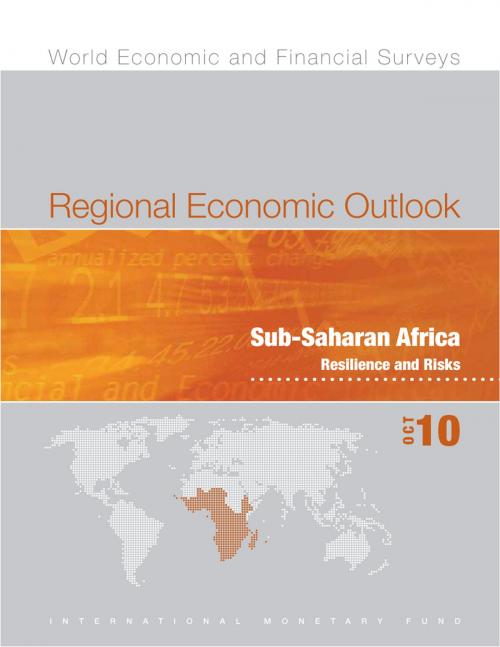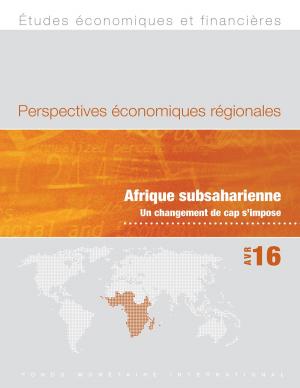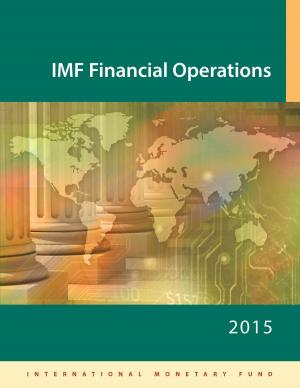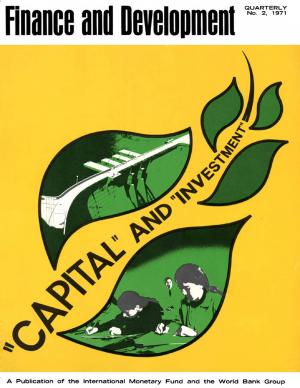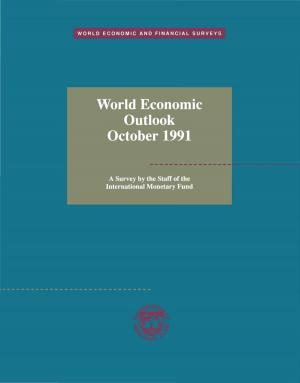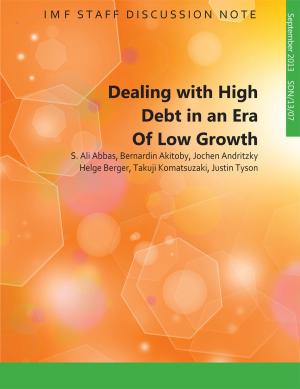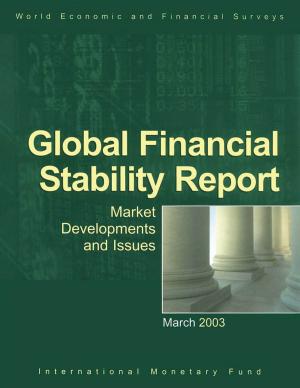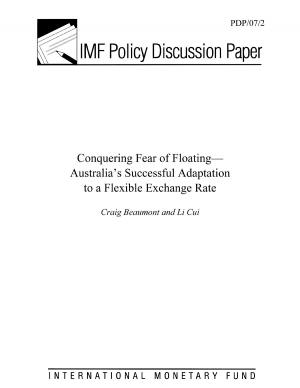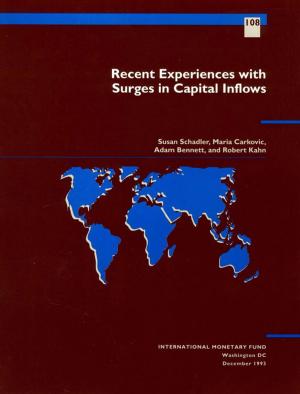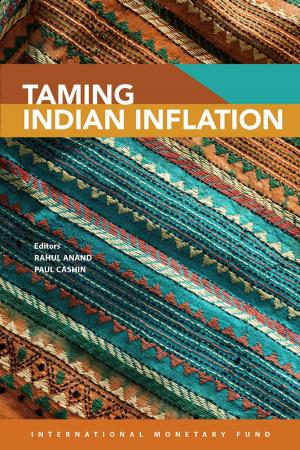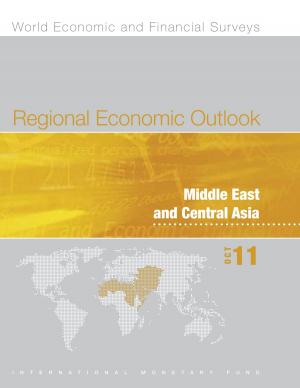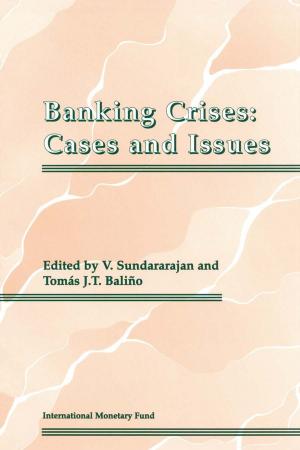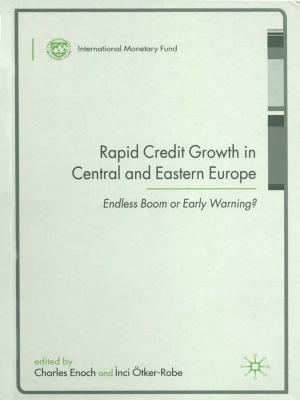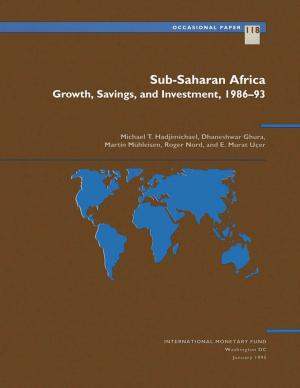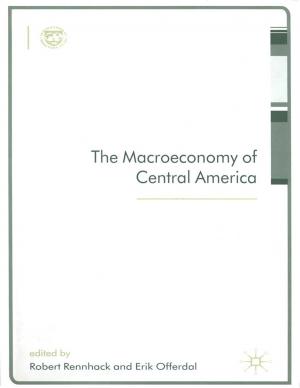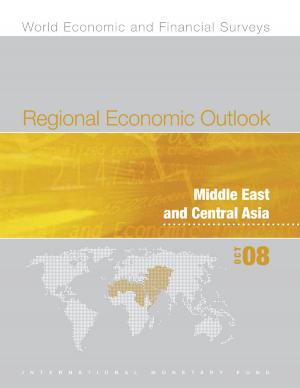Regional Economic Outlook, Sub-Saharan Africa, October 2010
Business & Finance, Economics, International Economics, Macroeconomics, Nonfiction, Social & Cultural Studies, Political Science, Politics, Economic Policy| Author: | International Monetary Fund. African Dept. | ISBN: | 9781452763088 |
| Publisher: | INTERNATIONAL MONETARY FUND | Publication: | October 15, 2010 |
| Imprint: | INTERNATIONAL MONETARY FUND | Language: | English |
| Author: | International Monetary Fund. African Dept. |
| ISBN: | 9781452763088 |
| Publisher: | INTERNATIONAL MONETARY FUND |
| Publication: | October 15, 2010 |
| Imprint: | INTERNATIONAL MONETARY FUND |
| Language: | English |
The October 2010 Regional Economic Outlook features: (i) an overview of economic developments and prospects in sub-Saharan Africa; (ii) an analytical assessment of how monetary policy changes are transmitted through the region's economies; and (iii) a study of why growth rates in the West African Economic and Monetary Union (WAEMU) have lagged behind other parts of sub-Saharan Africa. The overview highlights the broad-based economic recovery that is now under way in sub-Saharan Africa and projects growth of 5 percent in 2010 and 5½ percent in 2011. It explores the resilience of most economies in the region to the global financial crises of 2007-09 and explains why sound economic policy implementation and a growing orientation of trade toward Emerging Asia are expected to continue to underpin growth. The second chapter provides evidence suggesting that monetary policy may have more power to influence monetary conditions than previously assumed. Main messages from the WAEMU study are the importance of strong policy environments and political stability for achieving sustained growth; and of robust fiscal frameworks for directing resources towards priority spending needs.
The October 2010 Regional Economic Outlook features: (i) an overview of economic developments and prospects in sub-Saharan Africa; (ii) an analytical assessment of how monetary policy changes are transmitted through the region's economies; and (iii) a study of why growth rates in the West African Economic and Monetary Union (WAEMU) have lagged behind other parts of sub-Saharan Africa. The overview highlights the broad-based economic recovery that is now under way in sub-Saharan Africa and projects growth of 5 percent in 2010 and 5½ percent in 2011. It explores the resilience of most economies in the region to the global financial crises of 2007-09 and explains why sound economic policy implementation and a growing orientation of trade toward Emerging Asia are expected to continue to underpin growth. The second chapter provides evidence suggesting that monetary policy may have more power to influence monetary conditions than previously assumed. Main messages from the WAEMU study are the importance of strong policy environments and political stability for achieving sustained growth; and of robust fiscal frameworks for directing resources towards priority spending needs.
